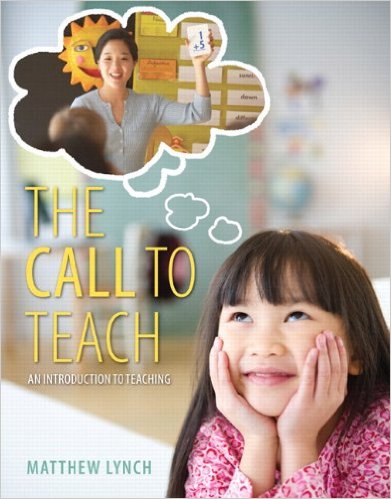Improving Student Learning Outcomes

For too many teachers, a test or quiz is the way to evaluate learning outcomes. High grade=Pass, Low grade=Fail (or close to failing). With so many strategies available to boost student learning outcomes, perhaps it is time to expand our strategies to a broader repertoire.
The fast pace of technology influences the learning of students significantly—gone are the days of pouring over textbooks for all of the information needed to do well in school. Information is at everyone’s fingertips, so teaching and learning outcomes must be adjusted.
Consider these learning outcome strategies:
- Flipped Classroom: The flipped classroom has a different goal than the traditional class. The students watch a video or demonstration the night before class. In class the following day, the teacher has planned deeper learning activities to stretch the understanding presented in the video. Thus, the teacher functions more like a Socratic coach, leading the students to understanding as they work through ideas and problems.
- Brain breaks: Every teacher knows the point at which most of the class has glazed over and engagement is low. Planning brain breaks into your class time breaks up the class, so that the low engagement times are minimal. This can mean a quick word problem 20 minutes into the lesson, or a riddle to solve that relates to the concept, or just standing to stretch for 5 minutes.
- Use technology: Assign a tutorial or instructional video, use the iPad to connect everyone together to a media-based instruction, find an app that has wonderful applications of a subject.
- Change up the scenery: Take your class outdoors for a class period. Sit in the bleachers with them and teach the lesson. Have a discussion while eating ice cream in the lunch area. Any change of scenery breaks the routine of the every day and forces reengagement with the subject matter, if only out of curiosity.
- Try microlearning: Science has shown that the brain can only take in 5-9 facts before it stores them to memory or forgets. Enter microlearning—learning that takes place in bite-sized chunks, like chapters in a book. Each lesson builds on the next to teach an overall concept. And each lesson must work toward a learning goal.
One of the learning outcome trends now is self-directed learning, where students take responsibility for their learning. This might entail teaching what they have learned to a classmate, or setting up a self-test where they predict what questions a teacher might put on a test.
Another intriguing approach is called “orchestrated immersion,” which is the “belief that skills and concepts should be pre-taught, introduced, explained, applied, discussed, discussed again, summarized at the end of the day or week (by the students).” The skills and concepts should be reviewed the next week using all learning modalities (auditory, visual, kinesthetic, and tactile), shared in small groups, reworked in various other contexts of application like making a project, interviewing an expert, going on a field trip, creating an art project, or presenting to the other students what was learned.
When students can organize and apply knowledge in an effective way, the learning outcome is significantly better.






